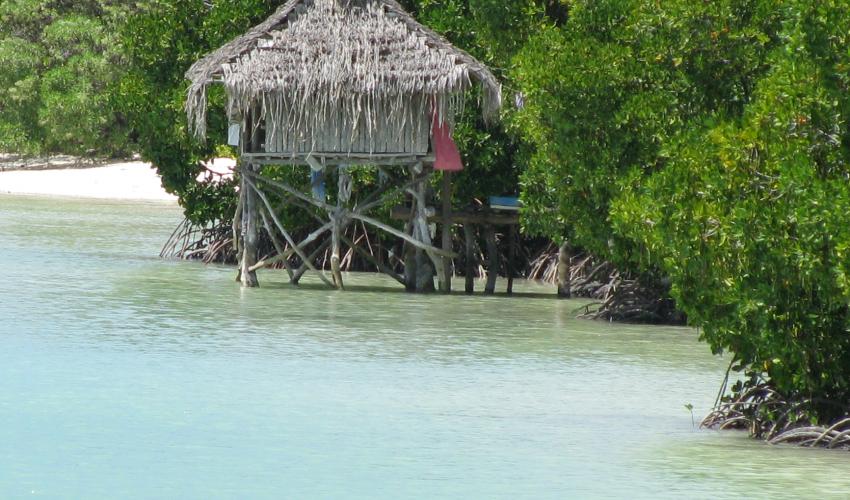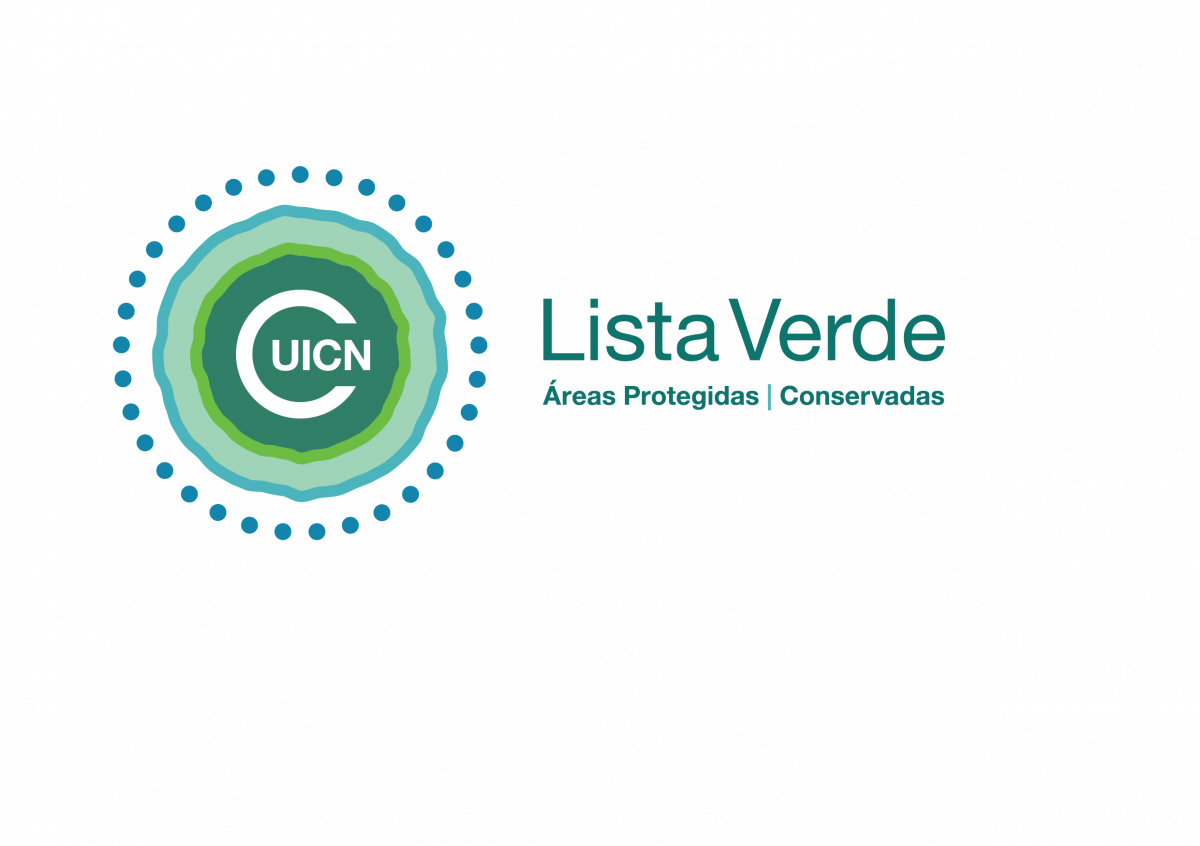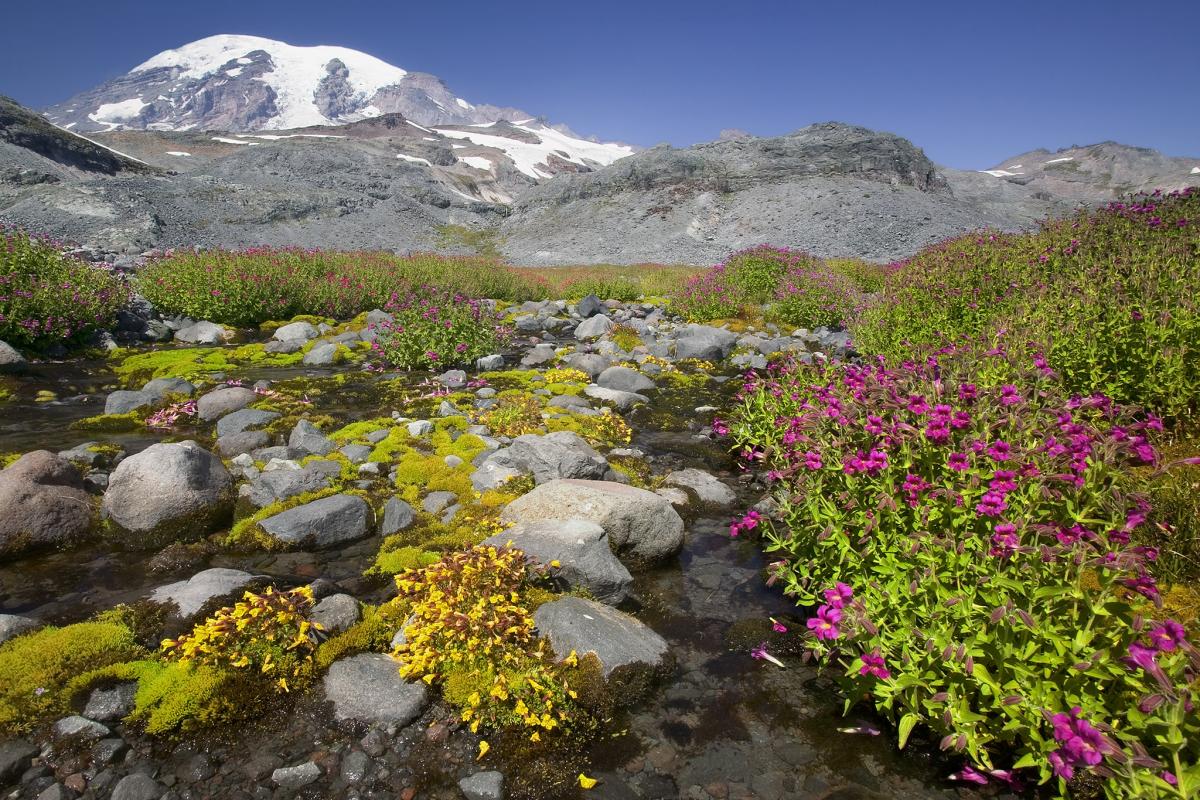Managing marine areas
Spatial planning and evidence of the economic benefits of marine and coastal biodiversity can strengthen the management of these vital ecosystems. We are working with partners to undertake this work in selected Pacific Island countries.

Photo: IUCN Oceania
The Marine and Coastal Biodiversity Management in Pacific Island Countries (MACBIO) project
BACKGROUND
Natural resources in marine and coastal areas are of high economic importance for Pacific island countries and sustain the livelihoods of coastal communities. However, the need to conserve and use marine resources sustainably is not sufficiently reflected in national planning processes, due in part to a lack of information regarding their economic value. Existing marine protected areas (MPAs) have often been developed opportunistically, lack a clear design and spatial planning process, and are not managed in a way to secure associated biodiversity and ecosystem services.
SITUATION
Improved management of marine and coastal biodiversity on volcanic islands (Fiji, Solomon Islands, Vanuatu) and atolls (Kiribati, Tonga) will help countries to meet their commitments under the Convention on Biological Diversity (CBD) Strategic Plan for Biodiversity 2011–2020, including the relevant Aichi Biodiversity Targets. Enhanced ecosystem-based management and more effectively managed marine resources will secure and strengthen local livelihoods. It will also lead to more resilient coastal and marine ecosystems and more effective conservation of marine biodiversity, and will contribute to climate change adaptation and mitigation.
THE PROJECT
MACBIO is jointly implemented by the German Agency for International Cooperation (GIZ) and IUCN Oceania, supported by the Secretariat of the Pacific Regional Environment Programme (SPREP).
The project undertakes economic assessments of marine and coastal ecosystems in the five project countries on a national and regional level compatible to the global TEEB (The Economics of Ecosystems and Biodiversity) programme in order to contribute to national development plans.
The project assists governments to use seascape-level planning to re-design MPA networks, demonstrate effective approaches to site management, including payment for ecosystem services.
OBJECTIVES
- The economic value of marine and coastal ecosystem services is considered in national development planning.
- Exclusive economic zone-wide spatial planning frameworks are used to align national marine and coastal protected area systems with the requirements of ecosystem conservation.
- Best practices for the management of marine protected areas, including payments for environmental services, are demonstrated at selected sites.
- Concepts and instruments that have proven successful for the sustainable management of marine and coastal biodiversity are disseminated regionally and internationally.
DURATION
June 2013 to May 2018
DONOR
German Federal Ministry for the Environment, Nature Conservation, Building and Nuclear Safety (BMUB) under its International Climate Initiative.
MORE INFORMATION
Contact Leanne Fernandes, Marine Coordinator, leanne.fernandes@iucn.org



